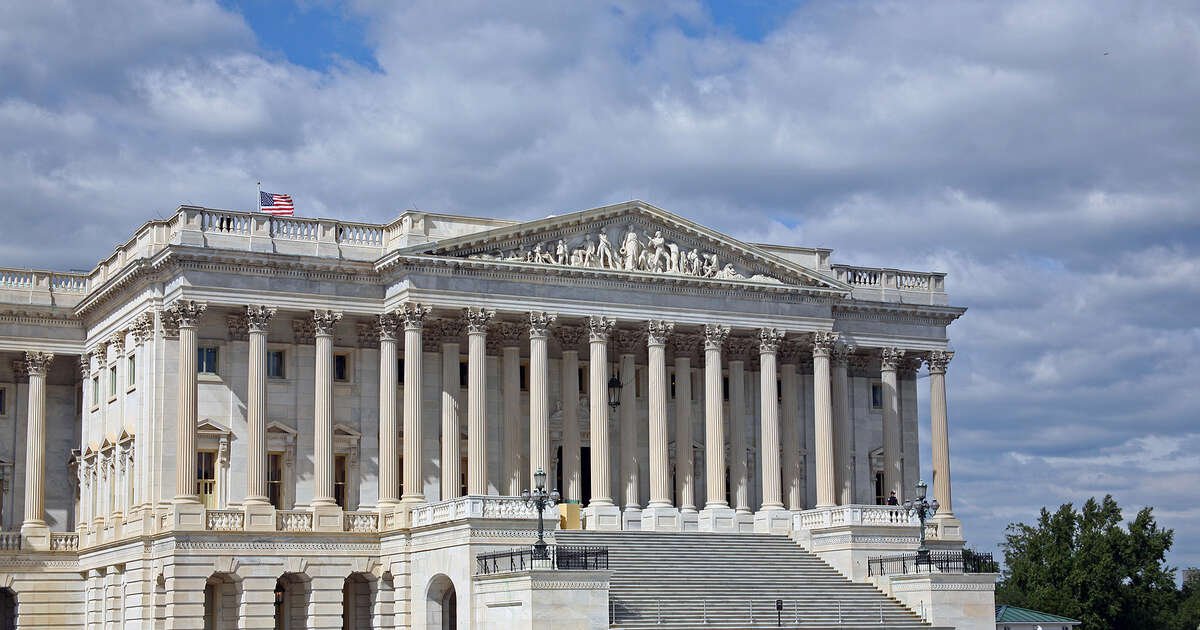Table of Contents
- Introduction
- Facebook v. Daguid
- Florida's Telemarketing Law: 2021 Amendments to the FTSA
- Rise of Lawsuits within Telemarketing Law after the 2021 Amendments
- 2023 Amendments to the FTSA
- Governor's Signature and Implementation
- Remaining Aspects of the 2021 FTSA
- Call Timing and Cadence Limitations
- The Importance of Understanding and Staying Updated with Telemarketing Law to Avoid Litigation
- Conclusion

Introduction
Telemarketing regulations has undergone significant changes in recent years, with states enacting their own laws in response to federal rulings. Florida has been at the forefront of these changes, and businesses operating in the state must stay up-to-date to ensure compliance. This article will discuss the developments in Florida's telemarketing law, starting with the Supreme Court's decision in Facebook v. Daguid and the subsequent amendments to the Florida Telephone Solicitation Act (FTSA) in 2021 and 2023.
Facebook v. Daguid
In this landmark case, the Supreme Court rejected a broad definition of an automated telephone dialing system (ATDS) under the Telephone Consumer Protection Act (TCPA). This decision prompted Florida to amend its own telemarketing laws.
Florida’s Telemarketing Law: 2021 Amendments to the FTSA
Florida's legislature responded to the Facebook v. Daguid ruling by amending their own telemarketing laws, the FTSA in 2021, adopting an even broader ATDS definition than the one rejected by the Supreme Court.
Broad ATDS Definition
The 2021 amendments expanded the definition of an ATDS to include systems that could automatically select AND dial numbers, covering a wider range of platforms than the post-Facebook TCPA.
Aggressive Private Right of Action
Along with the broadened ATDS definition, the FTSA amendments granted consumers a more aggressive private right of action, opening the door for numerous lawsuits based on alleged violations.
Rise of Lawsuits within Telemarketing Law after the 2021 Amendments
As a result of the 2021 FTSA amendments, Florida courts became inundated with predatory lawsuits filed by TCPA class attorneys.
These lawsuits targeted businesses for alleged FTSA violations, exploiting the expanded ATDS definition and aggressive private right of action provisions. Telemarketing litigation has witnessed a surge in litigation in recent years, primarily due to several factors that have made it an attractive target for consumer lawsuits and class actions. This rise in litigation can be attributed to factors such as technological advancements, evolving regulations, consumer awareness, and aggressive legal strategies by plaintiff's attorneys.
2023 Amendments to the FTSA
Recognizing the unintended consequences of the 2021 amendments, the Florida legislature enacted new amendments to the FTSA on May 2, 2023, which largely nullified the plaintiff-friendly provisions as follows:
- Narrower Definition of Autodialing System
The new amendments modified the ATDS definition to only cover systems that both automatically select AND dial numbers, likely exempting click-to-dial platforms and others requiring manual human intervention from FTSA coverage. - Exemption for Solicited Calls
The 2023 amendments also exempted solicited calls from the FTSA, meaning that calls made in response to a consumer's inquiry or to those with an established business relationship are no longer subject to the law. - 15-Day Notice for Text Message Lawsuits
The amended FTSA now requires consumers to provide a 15-day advance notice to the prospective defendant before filing a lawsuit based on an unsolicited commercial text message. Additionally, consumers must have responded with a "STOP" request and continued to receive text messages before taking legal action.
Governor's Signature and Implementation
The 2023 FTSA amendments now await the Governor's signature, expected any day. Once signed, the amended statute will take immediate effect, providing relief to many businesses operating in Florida.
Remaining Aspects of the 2021 FTSA
Despite the 2023 amendments, some aspects of the 2021 FTSA remain in effect, including call timing and cadence limitations, as well as the private right of action for unsolicited pre-recorded calls.
Call Timing and Cadence Limitations
Businesses must still adhere to restrictions on when and how often they can place calls to consumers, as set forth in the 2021 FTSA amendments.
Private Right of Action for Unsolicited Pre-recorded Calls
Consumers continue to have the right to pursue legal action against businesses that send unsolicited pre-recorded calls, even with the changes brought by the 2023 amendments.
The Importance of Understanding and Staying Updated with Telemarketing Law to Avoid Litigation
Staying current with telemarketing law is crucial for companies engaged in any form of telemarketing, as it helps them avoid litigation, maintain a positive reputation, and minimize financial risk. Partnering with The Blacklist Alliance can be highly beneficial in safeguarding businesses engaged in telemarketing and related marketing activities. By offering support, resources, compliance courses for you and your staff and tools designed to minimize legal risks and ensure compliance with telemarketing law.
Conclusion
The Florida Telephone Solicitation Act has undergone significant changes since the Supreme Court's ruling in Facebook v. Daguid. While the 2021 amendments expanded the scope of telemarketing regulations, the 2023 amendments sought to balance consumer protection with the interests of businesses. It is crucial for companies operating in Florida to remain informed about these changes and ensure compliance with the FTSA. Partner with The Blacklist Alliance to safeguard your business and avoid litigation.


